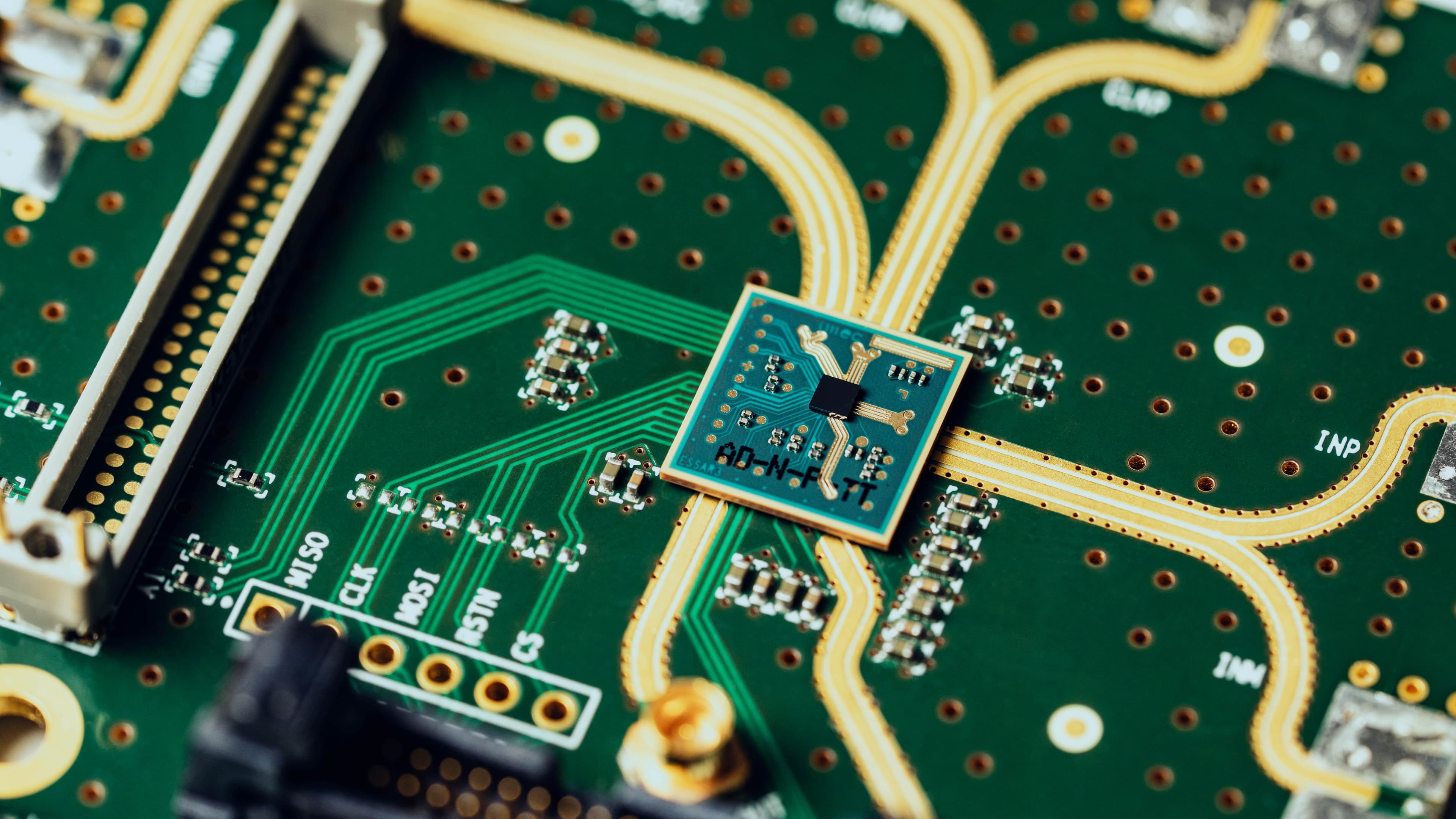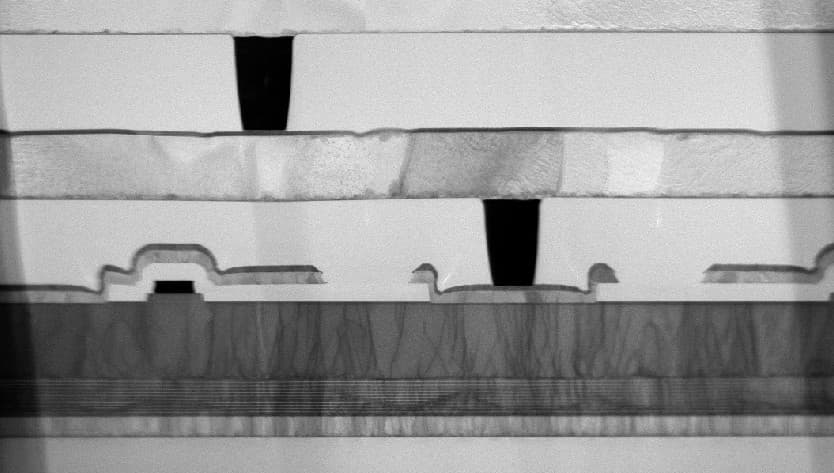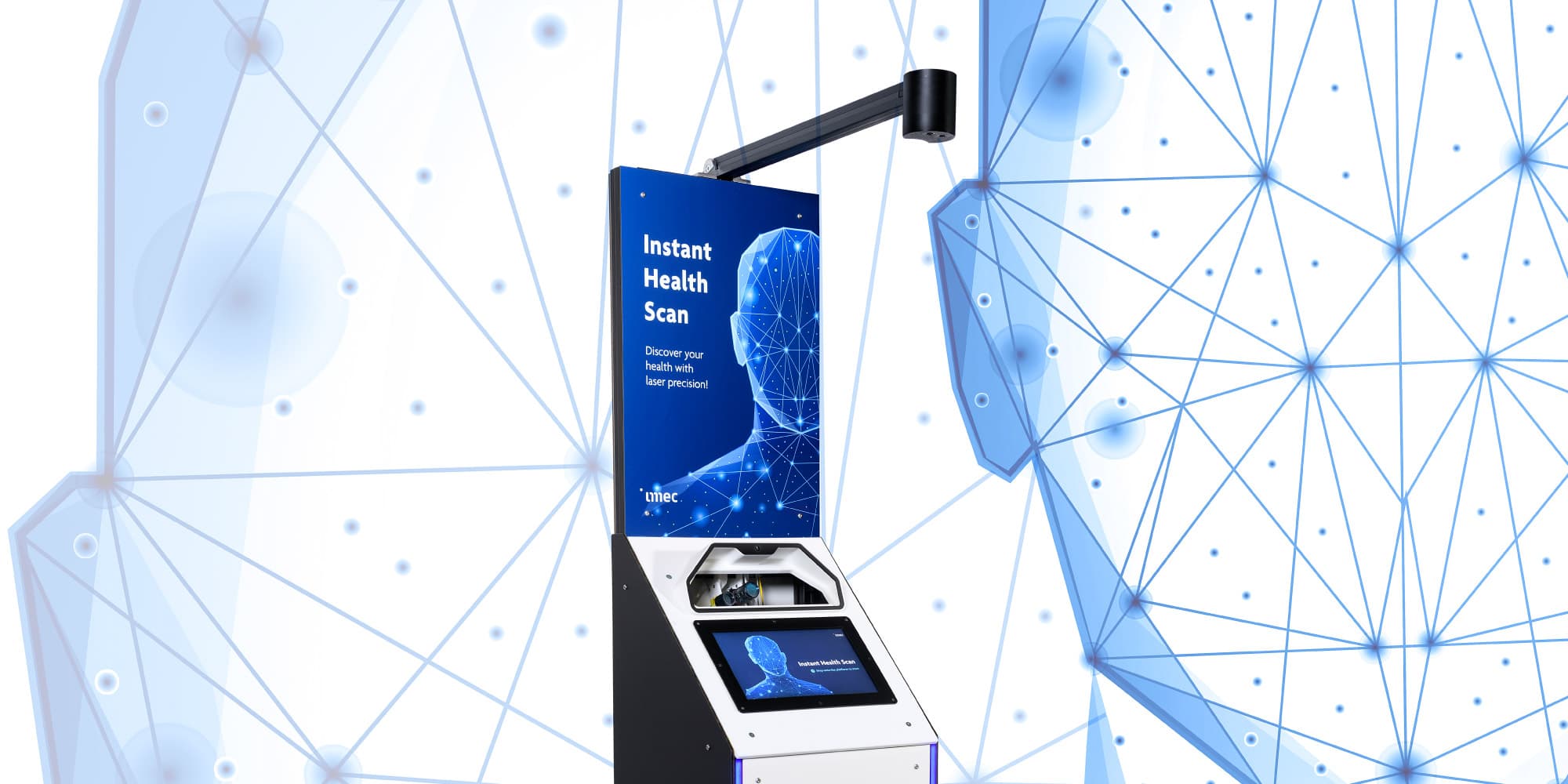
The use of artificial intelligence (AI) in professional sports is an emerging trend that will impact nearly every major professional sport in the coming years. Pilot applications include live game information chatbots, automated game reporting and the use of sensors and wearables to provide athletes and coaches with meaningful performance insights. This trend is enabled by an increasing amount of data coming from a larger number of data capturing or generating devices such as sensors attached to bikes, athlete wearables and video cameras. Currently, these data sources are hardly used in sports events broadcasting, despite the potential to make reporting more interactive, informative, personal and attractive. Traditional reporting needs to reinvent itself, but that requires adequate translation of the data into useful narrative elements (‘’something happened”), tailored to be used and integrated in real-time dynamic visualizations and storytelling for sports events.
The DAIQUIRI project aimed to develop a scalable data workflow to support broadcasters in innovating/augmenting live sports reporting while leveraging Internet of Things (IoT) data. This would encompass the automatic aggregation of data from available sensors or monitoring devices, the generation of meaningful insights about the circumstances of an athlete or team performance and the integration of this insight into professional storytelling formats. The approach would be demonstrated in two different use cases: cyclocross and hockey.
THE OUTCOMES
1. The DAIQUIRI platform
The DAIQUIRI platform supports different sports use cases and connects different partners to each other. Key to the platform was the development of a data transparency layer to be added to the data platform that abstracts underlying technologies. This avoids the need to integrate each data sensor, enhancing scalability and maintaining flexibility and independency. Different APIs for both incoming and outgoing data flows have been designed and implemented to provide points of interaction to all partners. Features include dedicated storage for video footage of the extracted events based on sensor data and video analysis, plus a secured real-time data ingestion service for sensor data (heartrate, positioning, etc.).
2. AI-based enrichment and detection algorithms
Various AI-based algorithms were developed to detect novel insights from the incoming data, add contextual metadata and semantically enrich the different data streams, and facilitate automatic summarization. These algorithms try to identify who is doing what, where and in which context. They also synchronize, summarize and analyze different data streams and provide (near) real-time notifications on certain events, as well as historical summarized and analyzed data for reporting. Algorithms were created for both use cases. For cyclocross, these included team and rider recognition, rider mode detection, rider line analysis, suffer score calculation, engagement scoring, peloton detection and winner prediction (upfront and during a race). For hockey, the focus was on automatic team and player detection, player tracking, effort score calculation, analysis of team dominance and pitch control and predicting upcoming substitutions
3. Visualizations and applications for data-driven broadcasting and storytelling
The project also aimed to identify how news can be delivered to users through various channels of their preference in a variety of ways. It explored ambient (omnichannel) solutions. This showed a clear interest among consumers to receive news which is bundled together and sent to them, either through conversation bots or via audio (voice-based) user interfaces.
Video
DAIQUIRI
Data & Artificial Intelligence for QUantifIed ReportIng In sport.
DAIQUIRI is an imec.icon research project funded by imec and Agentschap Innoveren & Ondernemen.
It started on 01.10.2019 and ran until 30.09.2021.
Project information
Industry
- Arinti
- Cronos
- NEP Belgium
- EMG Belgium
- VRT
Research
- imec – IDLab Data Science Lab – UGent
- imec – IDLab – UAntwerpen
- imec – MICT – UGent
Contact
- Project lead: Bregt Cabus, Cronos
- Research lead: Tom De Schepper, imec - IDLab
- Proposal Manager: Steven Verstockt
- Innovation manager: Steven Van Assche












